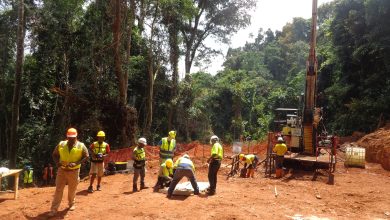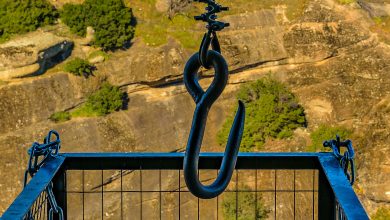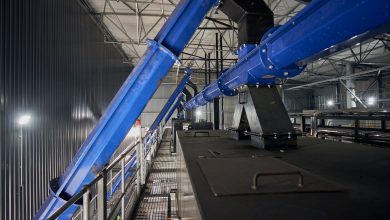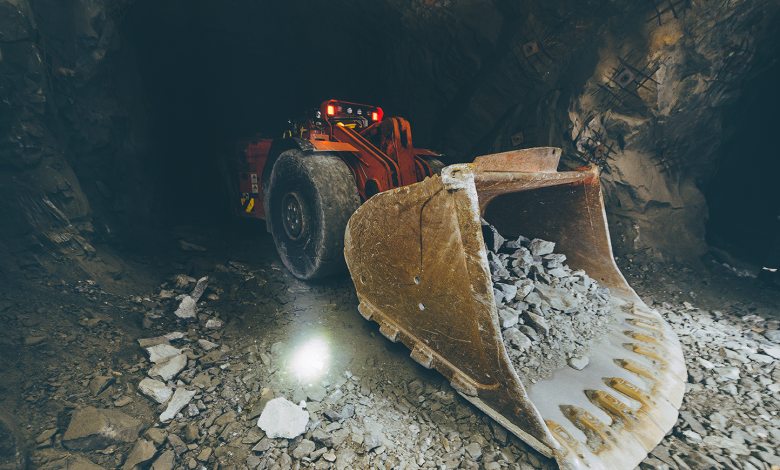
TyrFil™ Flatproofing’s Impact on Underground Mining Operations
Unlike traditional air-filled pneumatic tyres, which remain vulnerable to punctures and blowouts, TyrFil flatproofing eliminates flats completely, even under the harshest mining conditions.
Complexities within the African mining industry continue to evolve, as climate change, global geopolitical tensions, and an increasingly strict regulatory environment reshape the sector. Mining site managers must remain vigilant, adopting the best strategies, technologies, and protocols to maximize revenue opportunities while prioritising safety and compliance. As future investments in mining materials and equipment face uncertainty—due to potential tariff impositions and supply chain challenges—savvy mining leaders recognise that worker safety and hazard reduction will remain non-negotiable priorities.
Meanwhile, the push for environmental, social, and governance (ESG) compliance drives increased attention to carbon footprint reduction, waste minimization, land rehabilitation, and renewable energy integration. At the same time, new technology—from artificial intelligence (AI) and drone surveillance to automated equipment and advanced data analysis—is transforming how mines operate and measure efficiency. At the heart of this operational evolution lies a critical but sometimes overlooked factor: tyre technology.
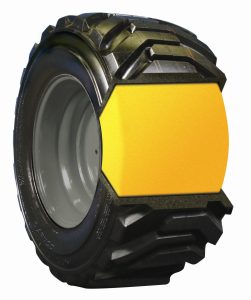
Off-the-Road (OTR) vehicles and heavy equipment are only as dependable as the tyres they rely on, especially in harsh underground environments where downtime can be catastrophic. Unexpected flats in mining settings can halt entire operations for hours, putting workers at risk and draining productivity and profitability. A single loader or shuttle car breakdown in a narrow tunnel, for example, can block all movement behind it, effectively freezing production and causing cascading delays.
This is where polyurethane tyre fill solutions—such as industry-leading TyrFil flatproofing technology—offer a transformative advantage. Unlike traditional air-filled pneumatic tyres, which remain vulnerable to punctures and blowouts, TyrFil flatproofing eliminates flats completely, even under the harshest mining conditions. TyrFil is pumped into pneumatic tyres through the valve stem, replacing all air and curing into a solid, durable elastomer core within 24–36 hours. Once filled, tyres become completely flat-free and can safely operate over the sharp rocks, nails, metal fragments, and debris that characterise mining sites. This superior reliability ensures that critical mining equipment remains operational, keeps underground tunnels clear, and supports continuous productivity while protecting workers.
TyrFil flatproofing also offers mining operators the ability to customise the “durometer,” or tire hardness, to match specific job site conditions and operational needs. Choosing the right durometer helps optimise ride comfort for operators by reducing vibration on rough, rocky surfaces and ensures more even load distribution across heavy equipment. This customisation can help improve traction, reduce excessive tyre wear, and enhance overall equipment performance, especially in demanding underground environments.
Additionally, tyre fill use reduces the severe bumping and jarring driving impact from cross-axle G-force vibrations, which can cause muscular/skeletal fatigue for workers who spend countless hours behind the wheel—a condition referred to as Whole Body Vibration or “WBV. Polyurethane tyre fill is engineered to absorb this shock and therefore reduces this jolting drive—lowering discomfort for workers and helping to prevent liability claims for mine site management. In terms of structural protection for mining vehicles, flatproofing technology can also reduce the wear-and-tear on equipment chassis that cause premature damage—making it a win from both a safety reduction and cost-efficiency perspective. And as budget scrutiny— surrounding rising equipment expenditures due to potential tariff fall out or other continent-wide economic factors—grows, this technology choice provides additional cost protection for underground mining site managers.
Moreover, as climate compliance and environmental stewardship become increasingly critical for global and regional underground mining operations, TyrFil’s innovative recycling pumping technology offers meaningful sustainability advantages. Used cured polyurethane tyre fill can be removed, then ground up using TyrFil Recycling Technology, and blended with virgin fill. This reduces raw material usage, lowers carbon footprint, and saves money by using up to 65% reclaimed fill and reducing petrochemical (including oil) consumption—all without compromising tyre performance. By enabling the reuse and recycling of materials in line with circular economy principles, TyrFil flatproofing helps mining operations achieve sustainability goals while maintaining the highest standards of tyre performance and reliability underground.
Established in 1971, Carlisle TyrFil has pioneered the tyre fill industry for nearly six decades, leading the way for greater performance, efficiency and environmental responsibility around the globe and across southern Africa. For more information on how your mining business can benefit from incorporation of flat-free tyre technology, visit www.CarlisleTyrFil.com.



